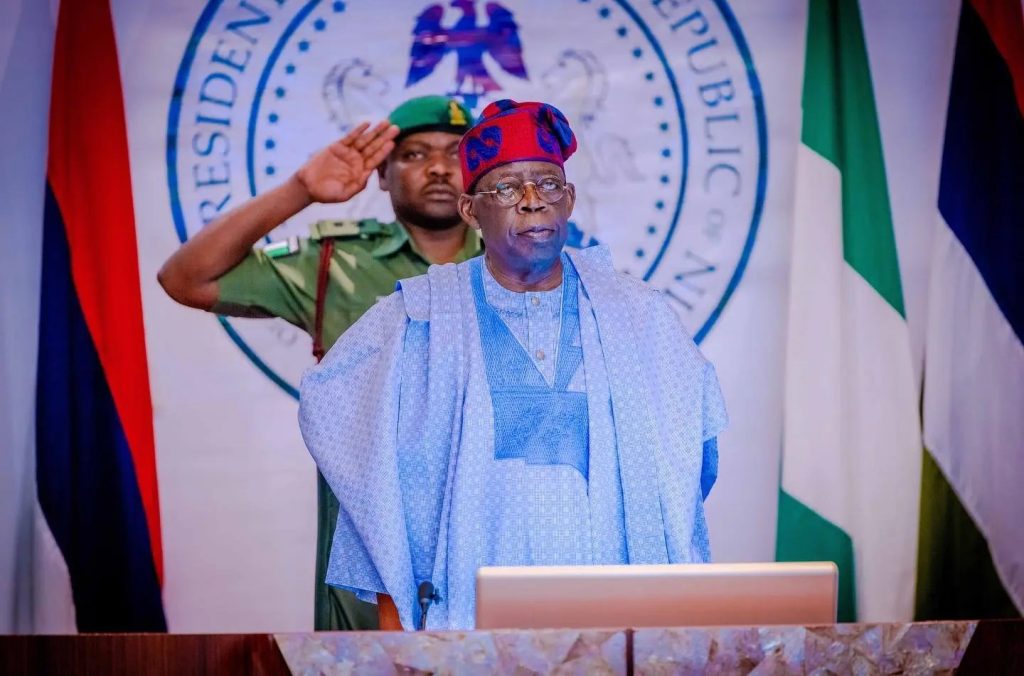At least N19.43bn was spent on the maintenance and operations of the Presidential Air Fleet from July 2023 to September 2024,
Checks by our correspondent on GovSpend, a civic tech platform that tracks and analyses the Federal Government’s spending, showed that for 2024, the payouts amounted to N13.55bn, representing 66 per cent of the allocations for the fleet in the 2024 fiscal year.
Most disbursements were labelled ‘Forex Transit Funds,’ typically funds allocated for foreign exchange requirements to facilitate international transactions and engagements.
In the context of the Presidential Air Fleet, such funds are used to cover expenses related to operations outside the country, including fuel purchases, maintenance or services in foreign currencies.
“When aircraft on the fleet are abroad, payments are often made in U.S. dollars or another foreign currency to ensure uninterrupted operations,” a government official explained.
In July 2023, N1.52bn was disbursed in two tranches of N846m and N675m for ‘Presidential air fleet forex transit funds.’
The following month, N3.1bn was disbursed in three tranches of N388m, N2bn, and N713m for the same item.
In November of that year, N1.26bn was released to the Presidential Air Fleet naira transit account.
The first overhead for 2024 came in March, where N1.27bn were disbursed twice, amounting to N2.54bn. The transit account received N6.35bn in April, N4.97bn in May and N210m in July.
August saw the highest frequency of transactions, with N5.60bn released in six separate disbursements.
Although these transactions were not clearly labelled, the monies were paid into the Presidential Air Fleet naira transit account, including the N35m transfer made in September.
In late April, the transit account received N5.08bn; this came around the same time the President was on a two-nation tour to the Netherlands and Saudi Arabia.
Although Tinubu arrived in the Netherlands in a state-owned Gulfstream AeroSpace 550 Jet, the aircraft could not proceed to Saudi Arabia due to unspecified technical problems. He reportedly continued his journey on a chartered private plane.
At the time, the President’s Boeing 737 business jet was undergoing maintenance. It was later replaced with an Airbus A330 purchased for $100m in August through service-wide votes.
The nearly 15-year-old plane, an ACJ330-200, VP-CAC (MSN 1053), is “spacious and furnished with state-of-the-art avionics, customised interior and communications system,” Tinubu’s Special Adviser on Information and Strategy, Mr Bayo Onanuga, said, adding that it “will save Nigeria huge maintenance and fuel costs, running into millions of dollars yearly.”
The new Airbus A330 is just one of several aircraft currently on the Presidential Air Fleet, arguably one of Africa’s largest, with around 11 aircraft of various makes and models. Until August, it comprised the 19-year-old B737-700 and a 13-year-old Gulfstream Aerospace G550.
The BBJ was acquired during the tenure of former President Olusegun Obasanjo at $43m but became a money guzzler as it aged.
Onanuga, defending the purchase of Airbus A330, argued that the new Airbus 330 aircraft and the costs of maintaining the air fleet were not for the president but in the interest of Nigerians.
“It’s not President Tinubu’s plane; it belongs to the people of Nigeria, it is our property…the President did not buy a new jet; what he has is a refurbished jet – it has been used by somebody else before he got it, but it is a much newer model than the one President Buhari used.
“The one President Buhari used was bought by President Obasanjo some 20 years ago. There was a time when the President went to Saudi Arabia, and the plane developed some problems. The President had to leave the Netherlands with a chartered jet.
“Nigerians should try to prioritise the safety of the President. I’m not sure anybody wishes our president to go and crash in the air. We want his safety so that he can hand it over to whoever wants to take over from him,” Onanuga said.
The presidential aide said he discussed with the National Security Adviser, Mr Nuhu Ribadu, on the faulty plane [Boeing 737 jet] and he said the maintenance costs were excessive because of the age of the aircraft, hence the need for another plane.
The presidential fixed-wing fleet includes a Gulfstream G500, two Falcon 7Xs, a Hawker 4000, and a Challenger 605.
Three of the seven fixed-wings are reportedly unserviceable. Meanwhile, the rotor-wing fleet includes two Agusta 139s and two Agusta 101s, all operated by the Nigerian Air Force but supervised by the Office of the National Security Adviser.
Former President Buhari promised to reduce the number of aircraft in the PAF to the absolute necessary.
In April 2023, three jets were put up for sale, but there were no specifics on which.
However, efforts to sell one of the Dassault Falcon 7x and the Hawker 4000 in October 2016 stalled when a potential buyer reduced their initial offer from $24m to $11m.
Since 2017, budgetary allocations for the fleet have shown a growing trend, with one exception in 2020.
